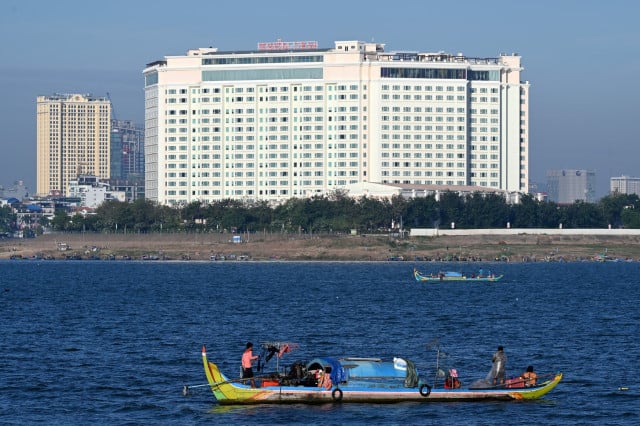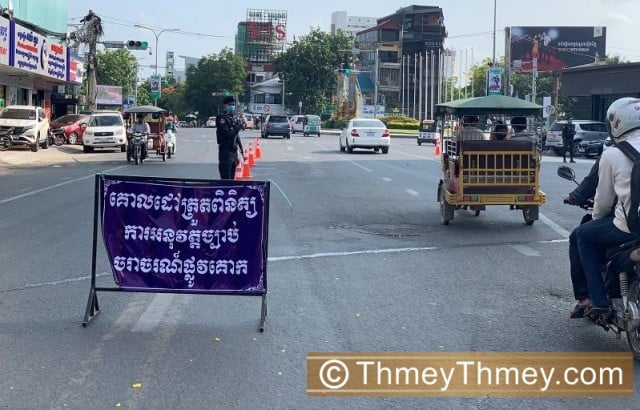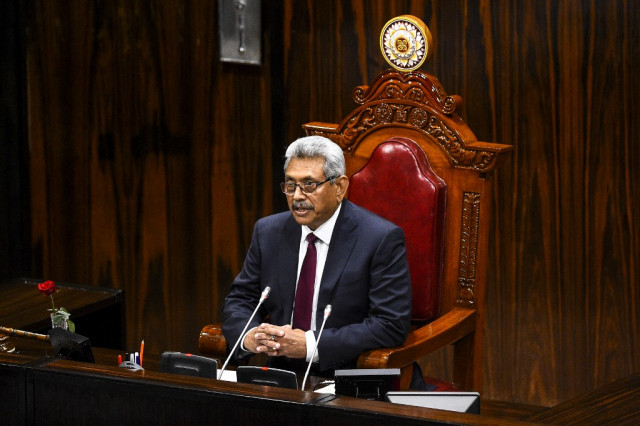What Should Cambodia Prepare for post-LDC Graduation?

- By Cambodianess
- May 15, 2023 10:54 AM
Least Developed Countries (LDCs) refer to developing or low-income countries listed by the United Nations based on socioeconomic development. Currently, there are 46 countries in the LDCs group, which is reviewed every three years by the Committee of Development. Six countries have already graduated from the LDCs, with the first being Botswana in 1994 and the latest being Vanuatu in 2020. To become LDC alumni, the government must meet the criteria set by the Committee for Development Policy (CDP), including income, human assets, and economic and environmental vulnerability. Some countries are highly vulnerable to environmental or economic shocks. Low-income countries have a GNI of USD1,085 or less, while lower-middle countries have GNI per capita between USD1,086 and USD4,255.
At the moment, Cambodia is considered to be a lower-middle-income country. However, with the help from the world's largest free trade agreements to support the breadth of tourism, manufacturing, and construction sectors inside the country, Cambodia is predicted to graduate from the LDC status by 2028 and achieve her goal of becoming an upper-middle income country in 2030.
As a soon-to-be LDCs graduate, Cambodia will no longer be eligible to receive the General System Preferences (GSP) and the Everything But Arms (EBA) scheme from developed countries. This loss will denote that Cambodia will have to enter the realm of economic competition to seek FTAs both bilaterally and multilaterally. In the meantime, Cambodia has many steps to take for the upcoming Graduation.
Cambodia became a beneficiary of the U.S. GSP in 1997. As a result, Cambodia's trade with the EBA scheme dramatically increased, rendering USD 4,637 million in trade volume in 2021.
However, Cambodia has lost 20 percent of the EBA scheme withdrawn by the EU due to some concerns over human rights in Cambodia. If nothing changes, Cambodia will inevitably lose 100% of the offer by 2030; thus, the Royal Government of Cambodia needs to aim for a more substantial economic commitment to prepare for the loss in less than a decade from now.Analysis of the Rectangular Strategy (Phase IV)
Internal economic reform refers to revising and developing economic sectors, such as building and improving human capital, entrepreneurship, vocational skills, education, and others.
These changes are also in accordance with the rectangular strategy phase VI which the government introduced on September 2018 with the key motto of growth, employment, equity, and efficiency.
Similar to Phase II and III, the new Rectangular Strategies VI's main objective strongly touched upon improving good governance, focusing on the economic sector and other sectors. More precisely, the concentration of the economic sectors has been illustrated in four main areas under rectangular two among the four rectangular which are Improving the logistics system and enhancing transport, energy, and digital connectivity, and developing key and new sources of economic growth, Readiness for the digital economy and industrial revolution 4.0, Promoting financial and banking sector development.
In the sixth legislation of the National Assembly, the RGC emphasized institutional reform and capacity building, which is the government's long-term plan, meaning that capacity building and institutional reform fundamentally start from building substantial human resources, as also mentioned by the Royal Government of Cambodia, that 'Human' is the top priorities.
For Instance, on the rectangular strategy side number 1, the goal aims to develop human resources that can be done throughout four stages which are strengthening the quality of education, science and technology sector, vocational training, enhance of public health service and nutrition, and to strengthen of gender equity of social protection.
More importantly, on another side of the RS, the government's strategic plan is to ascertain that each youth specializes in one skill in life. In the meantime, technical training can be done in two dimensions. One is the training of academically educated people, and the other is the training with human resources outside the education system. Therefore, these two main mechanisms will be important in lifting Cambodia's human capital. Moreover, more robust human capital will be crucial for Cambodia to attract comprehensive and inclusive foreign direct investment and free trade agreements from potential partners.
For economic diversification, the goal is to sustain the high growth rate in both medium and long-term plans. This means improving a vibrant and strong system to enhance Cambodia's economic diversification. A total of 16,292 kilometres of both national and provincial roads have been built.
The RGC has tried to upgrade and support the physical infrastructure for national economic activities by constructing more international airports, renovating railways, and upgrading water ports. Plus, while logistics and transport have become increasingly crucial to connect international trade, Cambodia’s logistic ranking has improved from 129th in 2010 to 98th in 2018.
In addition, inside side 3 of Rectangular Strategies VI of the digital economy in the fourth industrial revolution, the government has strived to promote a legal framework to support digital development, including digital government, cyber security, and mainly e-commerce law. A new electronic commerce law and the law on consumer protection enacted by the Royal Government of Cambodia on November 2, 2019, are the best examples of the government’s commitment to institutional reforms.
Similarly, on October 5 2021, the National Assembly adopted the law on investment in Cambodia with the objective is to create a transparent, open, predictable, and favourable legal environment to attract and promote both domestic and foreign investment in Cambodia. This legal framework's goal is to protect domestic and cross-border e-commerce activities so that new and current investors would feel secure and confident to do business inside the country. By reforming such policies, foreign direct investments will likely flow more into Cambodia since they will enjoy the safety and protection of their interest. However, the e-commerce policies do not incentivize the inflow of FDI, yet the country's stability and peace are key factors in attracting foreign direct investment.
Furthermore, this internal reform serves as the long-term plan for the RGC to be more economically independent, so Cambodia does not have to rely on the General System of Preference (GSP) from other developed countries.
Edited by: Chansok LAK, Senior Lecturer at IISPP
Written by: Vinyean LY, Senior Student at IISPP
This commentary is written by a fellow of the Adenauer Young Scholars for Excellence Fellowship 2023 as part of their assignment in the program. The views presented in this paper do not necessarily reflect those of the editors, the program, and/or the Konrad-Adenauer-Stiftung Cambodia and Institute for International Studies and Public Policy of the Royal University of Phnom Penh.















